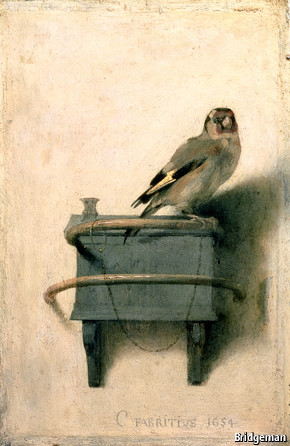100 years of Grand Central’s Oyster Bar
Ask Sandy Ingber, executive chef of the famed Oyster Bar in New York’s Grand Central Terminal, to recount his most memorable experience at the restaurant and he doesn’t hesitate: “It was a Saturday night, in the summer. There was a flash fire from one of our refrigerators. It was a five-alarm fire – it nearly burnt the terminal down.”



